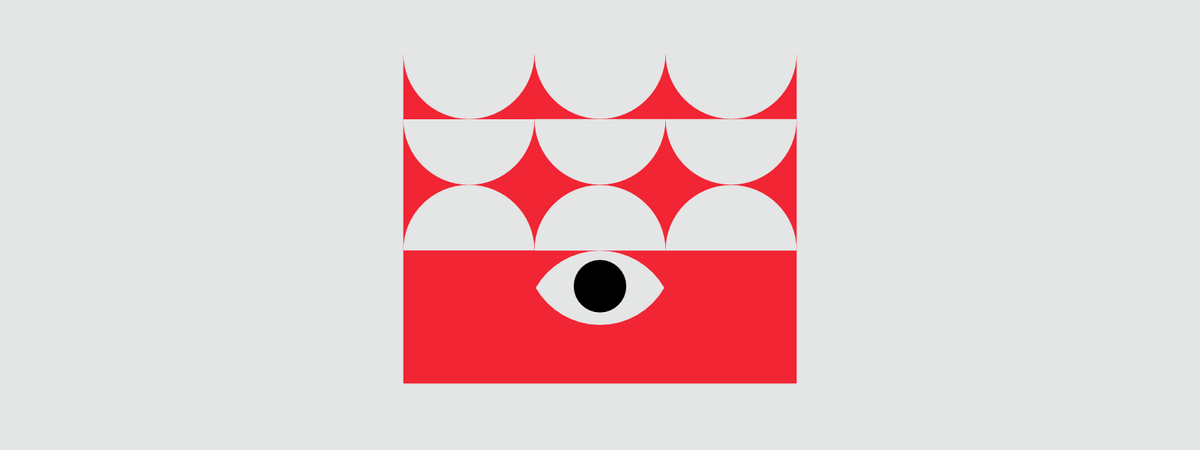Festiwal jako forma edukacji. Dobre praktyki Asian Cinema Education
Festiwale filmowe już dawno przestały pełnić rolę wyłącznie przeglądów twórczości najważniejszych twórców lub twórczyń. Poza prezentowaniem filmów, organizatorzy wydarzeń okołofilmowych coraz częściej wykorzystują przestrzeń festiwalową do podejmowania tematów społecznie zaangażowanych. Innymi słowy, festiwale stały się platformami do poszerzania świadomości odbiorców i edukacji.
Asian Cinema Education to wieloetapowy projekt zrealizowany w myśl poszerzania spektrum działalności festiwalowej, mający na celu zwiększenie świadomości odbiorców w obrębie tolerancji wobec różnorodności kulturowej. Rezultat inicjatywy, na którą składają się pomysły teoretyczne jak i działania rzeczywiste, przyjął formę trzech raportów w serii “Festiwal jako forma edukacji”. Ich celem jest ukazanie szeregu dobrych – naszym zdaniem – praktyk, które mają wyznaczyć kierunek ku inkluzywnemu traktowaniu grup migranckich i tworzeniu narracji o charakterze edukacyjnym. Raporty te przedstawiają praktyki wokół edukowania poprzez festiwal lub wyzbywania się stereotypów kulturowych i rasowych. Ostatni z nich dotyczy efektów serii warsztatów “Culture Lab”, które był ekspresowym kursem tworzenia wydarzeń kulturalnych dla imigrantów i ekspatów mieszkających w Warszawie.
Prezentowane poniżej raporty zostały zebrane przez cztery festiwale filmowe specjalizujące się w kinie Azji. Organizatorzy wydarzeń uważnie przyglądali się temu, jakie praktyki można włączyć w działania festiwalowe, edukacyjne i społecznościowe, by poszerzyć świadomość związaną z tolerancją i różnorodnością, szczególnie wokół grup migranckich i ekspatów zamieszkujących większe ośrodki miejskie. Raporty powstały we współpracy i na podstawie doświadczeń takich festiwali jak: Azjatycki Festiwal Filmowy Pięć Smaków w Warszawie, włoski Udine Far East Film Festival, niedrlandzki CAMERA JAPAN Festival (Rotterdam i Amsterdam) oraz fiński Helsinki Cine Aasia.
Festiwal jako forma edukacji: Zbiór festiwalowych praktyk edukacyjnych, pomysłów i inspiracji

Raport dotyczy zbioru praktyk powiązanych z organizacją wydarzeń – festiwali, mniejszych przeglądów i projektów mających na względzie poszerzanie wiedzy i zwiększanie świadomości wokół kina azjatyckiego. Pokazujemy w nim, jak zorganizować wydarzenie kulturowe o charakterze filmowym, przyglądamy się dynamice takich przedsięwzięć i wskazujemy na trudności, jakie wiążą się z organizacją festiwali i mniejszych przeglądów. Istotnym elementem raportu jest część związana z praktykami edukacyjnymi – zarówno poprzez wybrane przykłady, jakie udało nam się wprowadzić w życie, jak i potencjalne inicjatywy, które mają szansę zaistnieć w oparciu o zaprezentowane praktyki. W raporcie znalazły się też potencjalne miejsca i instytucje, z którymi warto nawiązać współpracę przy organizacji wydarzeń filmowych w danym kraju/mieście, jak i przykładowe tematy wykładów lub warsztatów, które mogą wzbogacić program danego wydarzenia.
PDF do pobrania w języku polskim
PDF do pobrania w języku angielskim
PDF do pobrania w języku fińskim
PDF do pobrania w języku niderlandzkim
PDF do pobrania w języku włoskim
Festiwal jako forma edukacji: Wbrew stereotypom. W jaki sposób festiwale mogą promować tolerancję i różnorodność?

Zbiór praktyk i wskazówek skierowanych do festiwali filmowych mających na celu promowanie postaw tolerancyjnych i inkluzywnych wobec różnorodności kulturowej. W raporcie przedstawione zostały najważniejsze kwestie organizacyjne na przykładzie zebranych przez partnerów projektu studiów przypadków. W ich skład wchodzą wytyczne skierowane do wolontariuszy, szczegóły współpracy z organizacjami pozarządowymi i fundacjami zaangażowanymi w pomoc uchodźcom i migrantom, praktyki wokół instytucji edukacyjnych (szkoły), jak i zakres działań mających na celu włączanie mniejszości migranckich do uczestniczenia w sektorze kultury. Potrzeba stworzenia listy szczegółowych praktyk wynika z potrzeby przeciwdziałania stereotypom kulturowym i rasowym, jak i chęci promowania tolerancji i otwartości na odmienność kulturową.
PDF do pobrania w języku polskim
PDF do pobrania w języku angielskim
PDF do pobrania w języku fińskim
PDF do pobrania w języku niderlandzkim
PDF do pobrania w języku włoskim
Festiwal jako forma edukacji: Culture Lab

Ostatni z prezentowanych raportów dotyczy działania edukacyjnego “Culture Lab”. Zrealizowana przez Fundację Arterię (organizatorów Festiwalu Filmowego Pięć Smaków) inicjatywa była skierowana do grup migranckich i ekspatów mieszkających w Warszawie i była serią warsztatów przygotowujących do organizacji wydarzeń kulturalnych i społecznościowych. W raporcie, krok po kroku, przedstawiono opis przebiegu projektu “Culture Lab”: szczegółowy moduł szkoleniowy, cele warsztatów i przebieg pracy nad konkretnymi działaniami oraz rezultaty zaprezentowane w formie przygotowanych przez uczestników działań artystycznych i społecznościowych. Raport może posłużyć jako dalsza inspiracja do tworzenia podobnych szkoleń i warsztatów, skierowanych do grup mniejszościowych danego miasta – w tym celu uwzględnione zostały rekomendacje, jak skutecznie docierać do mniejszości migranckich i angażować je w działania kulturalne.







